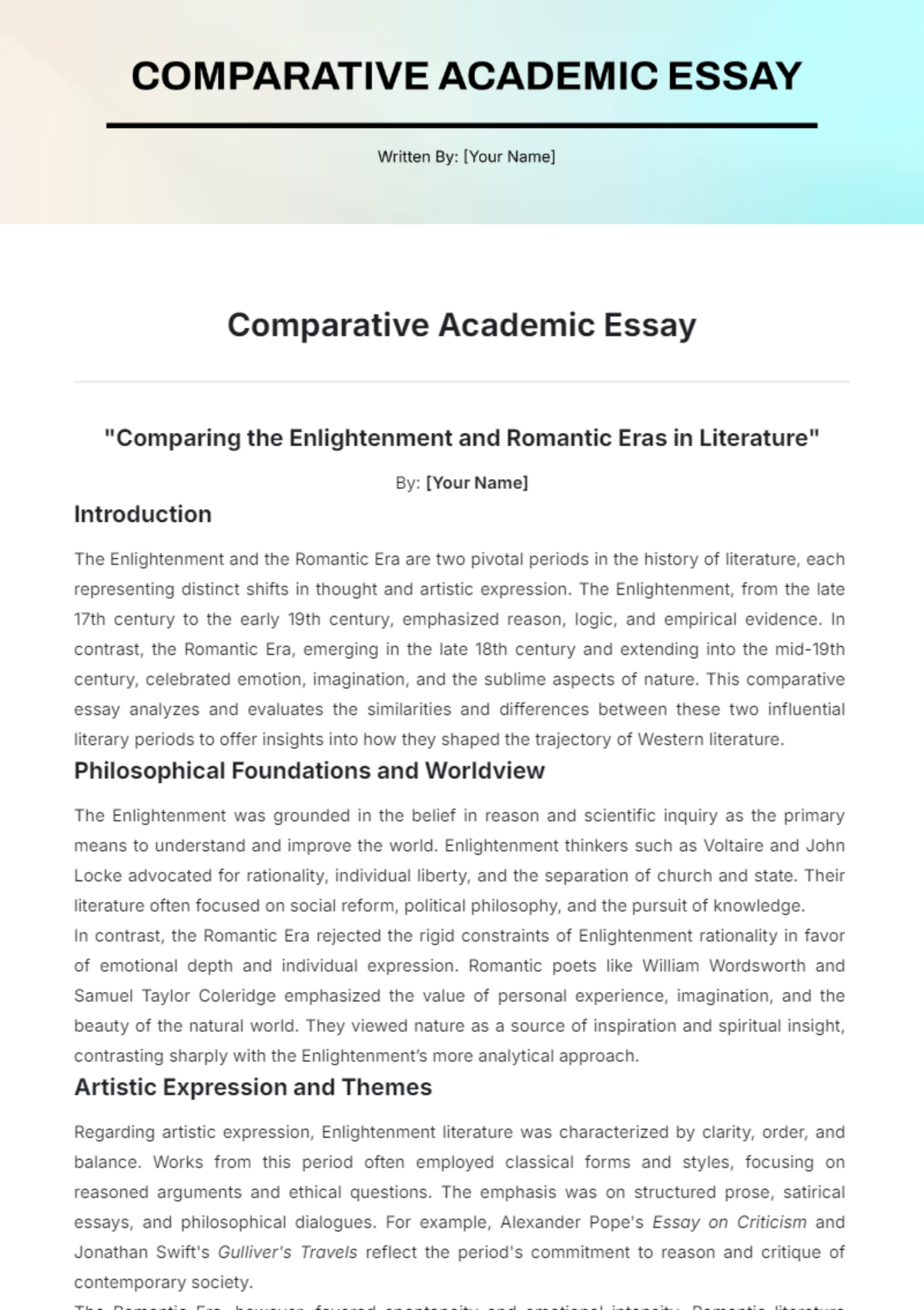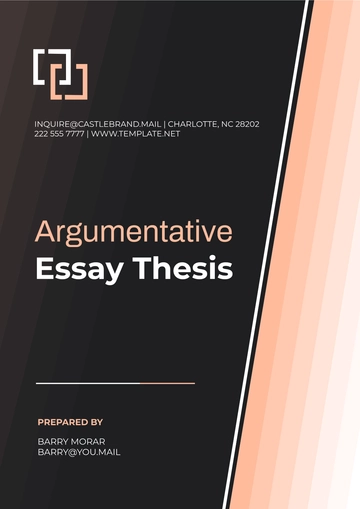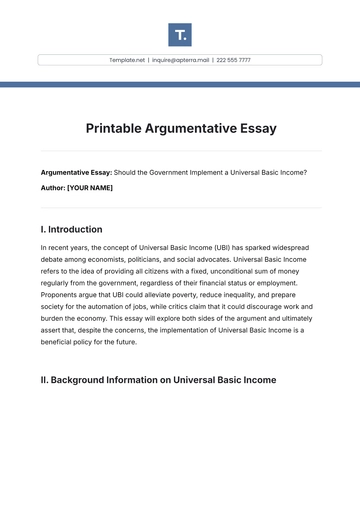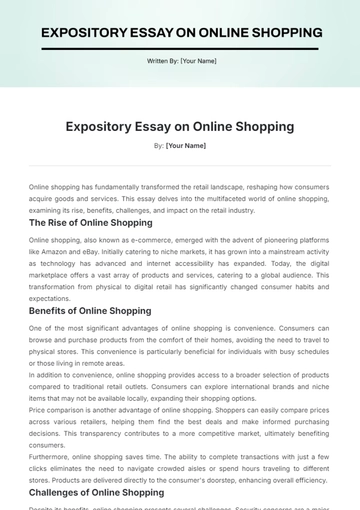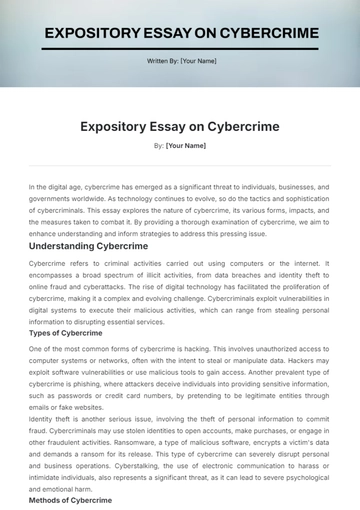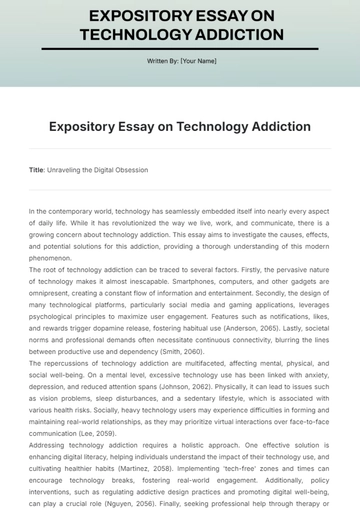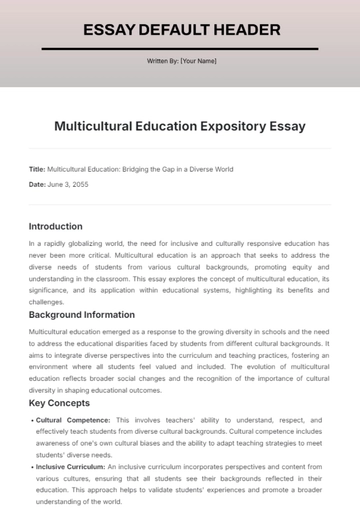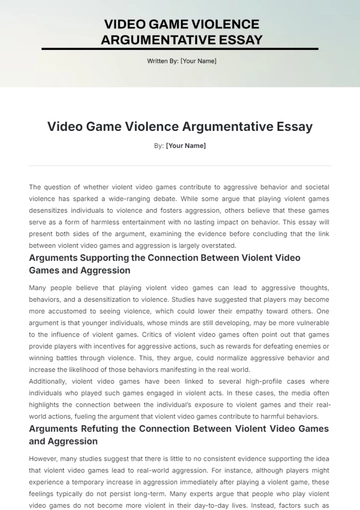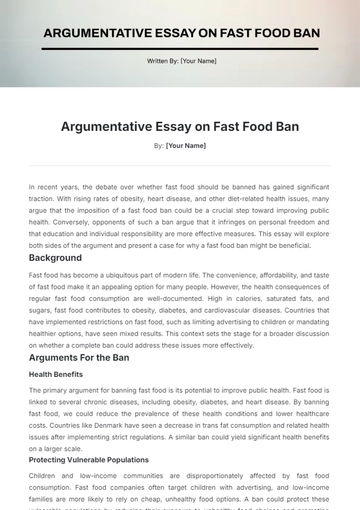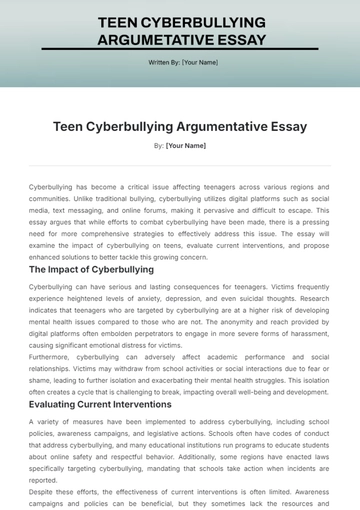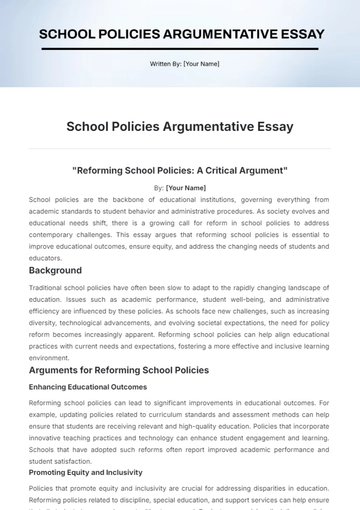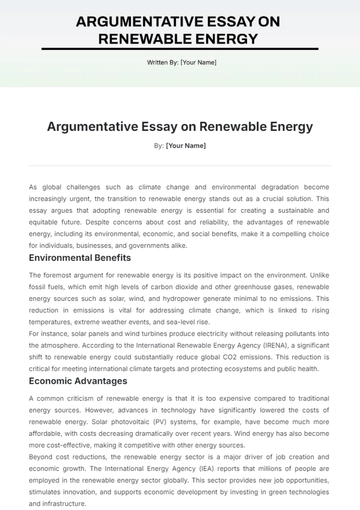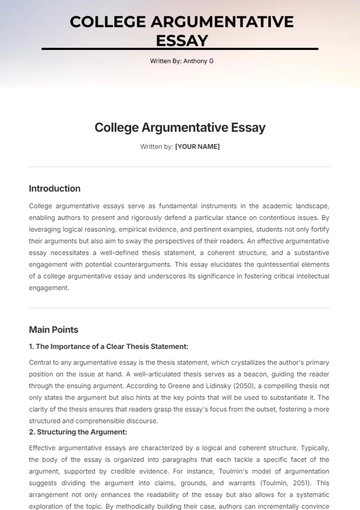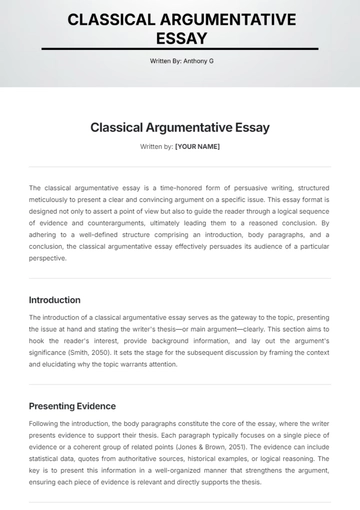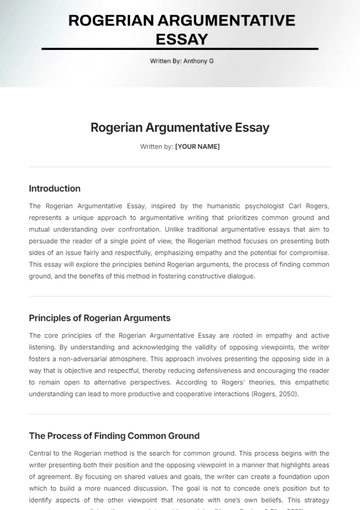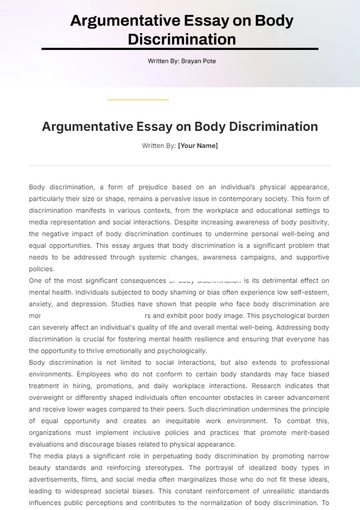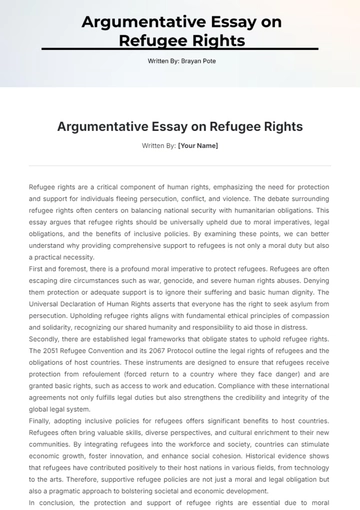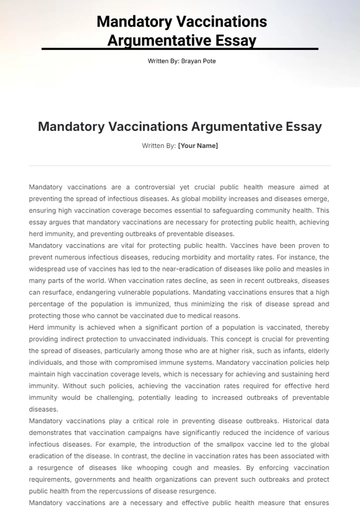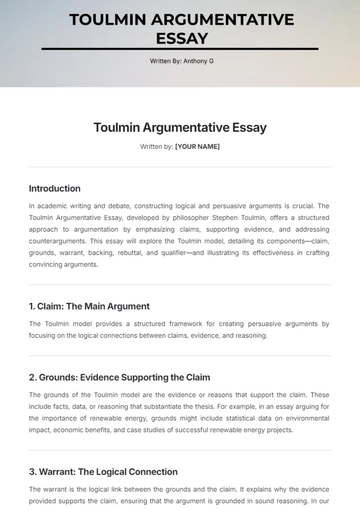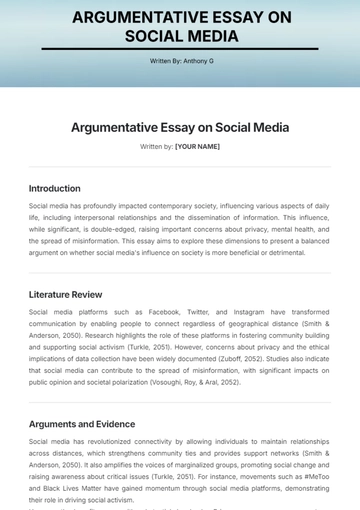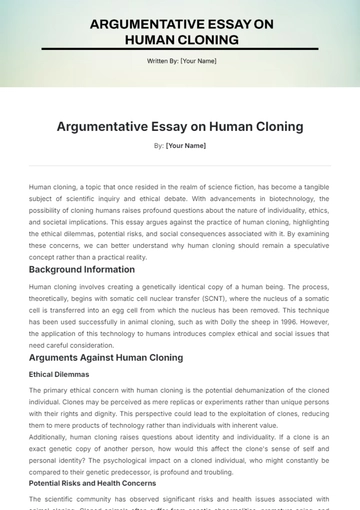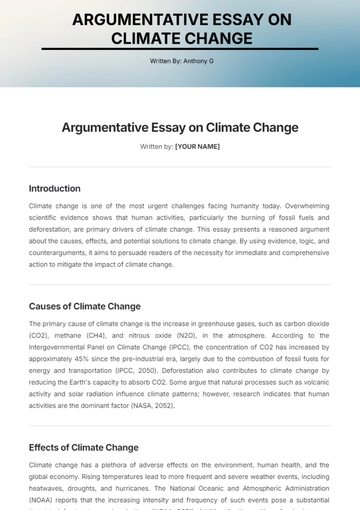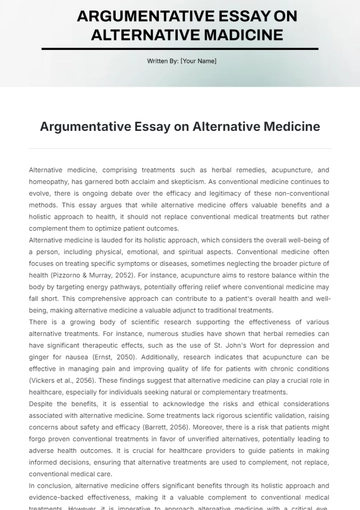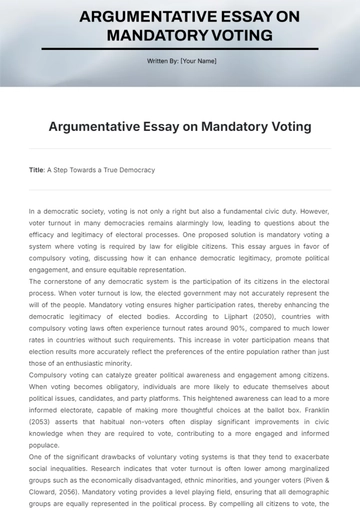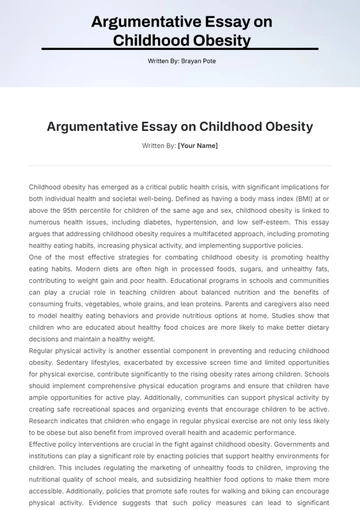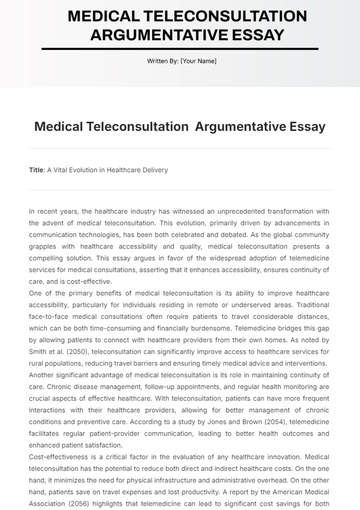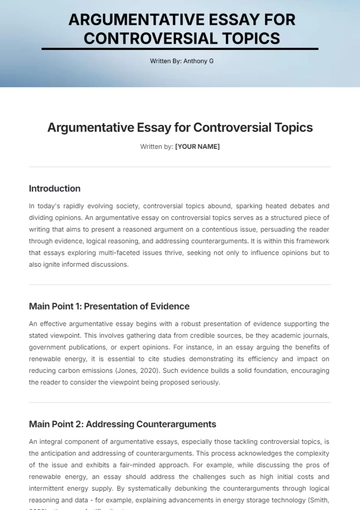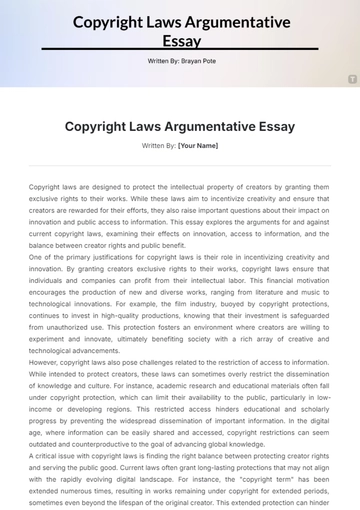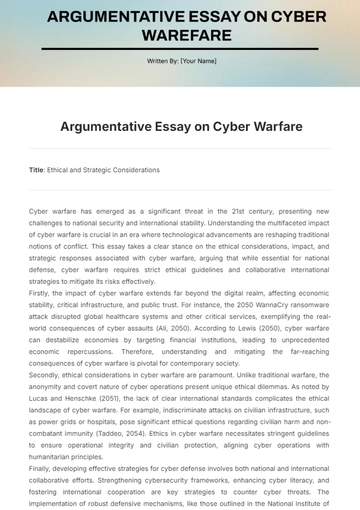Comparative Academic Essay
"Comparing the Enlightenment and Romantic Eras in Literature"
By: [Your Name]
Introduction
The Enlightenment and the Romantic Era are two pivotal periods in the history of literature, each representing distinct shifts in thought and artistic expression. The Enlightenment, from the late 17th century to the early 19th century, emphasized reason, logic, and empirical evidence. In contrast, the Romantic Era, emerging in the late 18th century and extending into the mid-19th century, celebrated emotion, imagination, and the sublime aspects of nature. This comparative essay analyzes and evaluates the similarities and differences between these two influential literary periods to offer insights into how they shaped the trajectory of Western literature.
Philosophical Foundations and Worldview
The Enlightenment was grounded in the belief in reason and scientific inquiry as the primary means to understand and improve the world. Enlightenment thinkers such as Voltaire and John Locke advocated for rationality, individual liberty, and the separation of church and state. Their literature often focused on social reform, political philosophy, and the pursuit of knowledge.
In contrast, the Romantic Era rejected the rigid constraints of Enlightenment rationality in favor of emotional depth and individual expression. Romantic poets like William Wordsworth and Samuel Taylor Coleridge emphasized the value of personal experience, imagination, and the beauty of the natural world. They viewed nature as a source of inspiration and spiritual insight, contrasting sharply with the Enlightenment’s more analytical approach.
Artistic Expression and Themes
Regarding artistic expression, Enlightenment literature was characterized by clarity, order, and balance. Works from this period often employed classical forms and styles, focusing on reasoned arguments and ethical questions. The emphasis was on structured prose, satirical essays, and philosophical dialogues. For example, Alexander Pope's Essay on Criticism and Jonathan Swift's Gulliver's Travels reflect the period's commitment to reason and critique of contemporary society.
The Romantic Era, however, favored spontaneity and emotional intensity. Romantic literature often broke free from traditional forms, embracing free verse and lyrical expression. The themes of Romantic literature frequently involved the sublime, the mysterious, and the individual’s connection with nature. In poems like "Lines Composed a Few Miles Above Tintern Abbey" by Wordsworth and "The Rime of the Ancient Mariner" by Coleridge, the focus shifts to personal feeling and the transformative power of nature, demonstrating a departure from Enlightenment ideals.
Influence and Legacy
The Enlightenment’s impact on literature was profound in shaping modern ideas about democracy, human rights, and scientific progress. Its emphasis on reason and empirical evidence laid the groundwork for subsequent intellectual movements and institutions. The Enlightenment’s influence can be seen in the development of modern political philosophy and the continued importance of rational debate in contemporary discourse.
On the other hand, the Romantic Era’s legacy is evident in the continued emphasis on individualism and emotional expression in literature. Romantic ideals influenced later literary movements, including the Victorian novel and Symbolism. The Romantic focus on nature and personal experience has had a lasting impact on how literature explores human emotions and the natural world.
Conclusion
In summary, while the Enlightenment and Romantic Era represent distinct philosophical and artistic approaches, they each contributed significantly to the evolution of Western literature. The Enlightenment's emphasis on reason and empirical evidence fostered intellectual progress and social reform, while the Romantic Era's celebration of emotion and nature offered a profound counterpoint that continues to resonate in modern literature. By understanding these periods' similarities and differences, we gain a deeper appreciation of how they have shaped literary traditions and continue to influence contemporary thought and artistic expression.
Essay Templates @ Template.net
